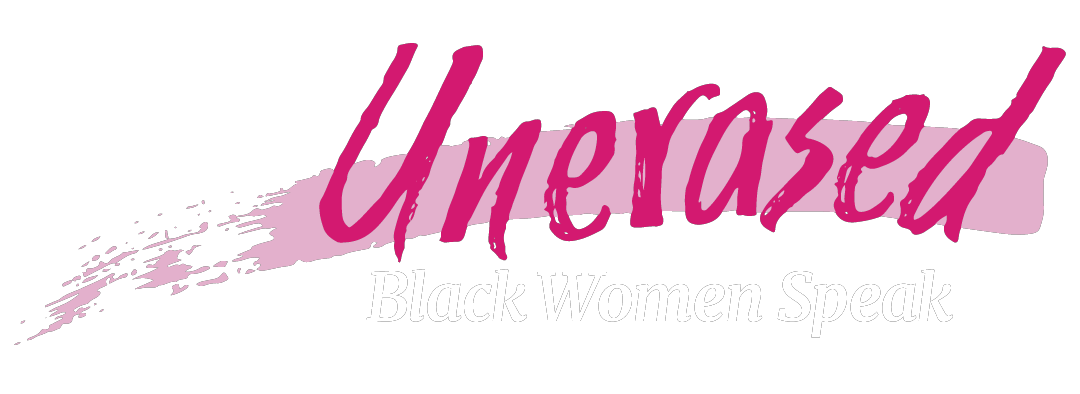Leah Daughtry has honed a reputation for making things happen.
She usually envisions the future and then works back, transforming disparate threads into a seamless whole cloth. That was her secret sauce as the head honcho for two consequential Democratic Party conventions. And her skillful fingerprints were all over a recent six-hour virtual conference that drew thousands of mostly Black women.
Perhaps there was one departure. In her quest for legacy and destiny, with genealogy tools in tow, she traveled back to Georgia plantations in the late 1700s. The research surfaced her first enslaved ancestor and five successive generations of ministers and faith leaders. It explains an element in her DNA shared with her renowned father Rev. Herbert D. Daughtry, her mother Rev. Karen Smith Daughtry, and her sister Rev. Dawn Daughtry.
Hence, Leah Daughtry has carved out a niche, standing firmly at the intersection of faith, politics and social activism.
“Activism and civic engagement are part of your faith. You are an activist because of your faith.” Rev. Leah, Presiding Prelate of The House of the Lord Churches, was just warming up. Part sermon, part confessional, her lilting voice ebbs and flows smoothly, punctuated with an occasional explanation point as she lands on the unfinished business in her work shed of social change.
“This upcoming election is about our lives – literally in every way. It will impact on hospitals, health care, how our kids are educated, green space, all spaces,” intones Daughtry, insisting that the presidential race is pivotal, but so too are down-ballot contests. “We can fixate on the presidency, but even if you don’t see the bright lines on other parts of the ballot, it is embedded in our neighborhoods.”
She doesn’t make light of the foreboding road to November 3. “We know voter suppression is real. We must turnout in such massive numbers that we make the election results cheat proof,” she continues. “It must be the difference between a KO and a TKO. And it has to happen in the first rounds in the first minutes of the bout.”
Daughtry’s Democratic Party activism began in 1983 with a summer internship at the Washington office of then freshman New York Congressman Ed Towns. The lights immediately came on and the seemingly randomness of politics had meaning for Brooklyn-born Daughtry, still a coed at Dartmouth College.
“I wanted to help my people in Brooklyn,” she recalls. “We needed good schools, health care, jobs, economic development. I was in a place where the laws and policies were made. I asked myself, ‘how could I do something that makes a difference for the people on Fulton Street?’”
Daughtry’s steady climb up the ladder of influence was based on breaking barriers and clearing new paths as a Black woman, largely inspired by her formative years.
Situated in the heart of Black (pre-gentrified) Brooklyn, there was always a broad array of intergenerational, interfaith issues being hatched and cultivated. “The fellowship hall of our church was buzzing with advocacy energy. The table was square. Everyone could sit on equal footing and face each other,” she remembers.
“I never experienced sexism until I got to college. The ethos of honoring everyone was paramount. Responsibilities were interchangeable. Men or women could buy the chicken, fry the chicken, and then eat the chicken with their children together.”
During her tenure as chief of staff of the Democratic National Committee, Daughtry was tapped as CEO for the 2008 Convention in Denver, a historic event in which Barack Obama won the party’s presidential nomination. She was selected again in 2016 for the Philadelphia convention in which Hillary Clinton was given the presidential nod. The two-time CEO was a distinction never held by other DNC operatives.
Leadership, charisma, thick-skin and attention to detail were job requirements for the CEO. Daughtry, described as a strategist who wields an iron fist in a velvet glove, learned the art of mastering arcane minutiae and big picture vision, sometimes simultaneously.
“The issues I handled ranged from navigating bus routes for the delegates to signing off on the look and feel of the convention stage,” she explains.
That deft planning acumen showed up during the September conference of Power Rising, an intergenerational, national Black women’s advocacy organization. In the age of COVID the popular mass meeting, in the past convened as a four-day summit, was reconfigured on to a virtual stage. But the day-long conference, from noon to 6 pm, featured a dozen panels, dance and vocal performances, political pep rally interventions and a closeout keynote from Vice Presidential nominee Kamala Harris.
Leah Daughtry was a constant fixture in the Zoom event’s greenroom monitoring, directing and making Black Girl Magic look easy. “To get it done,” she confides, “I always start with the future and work my way back to the beginning.



